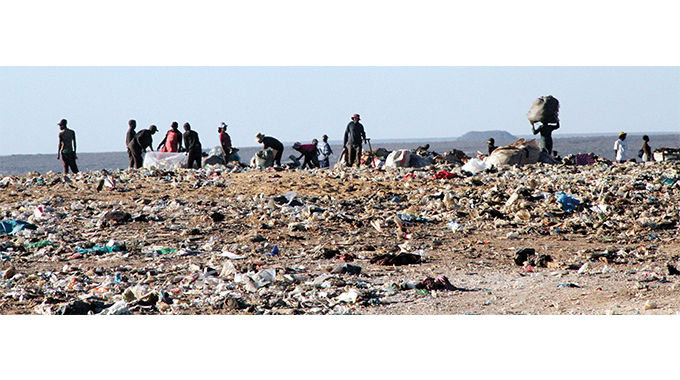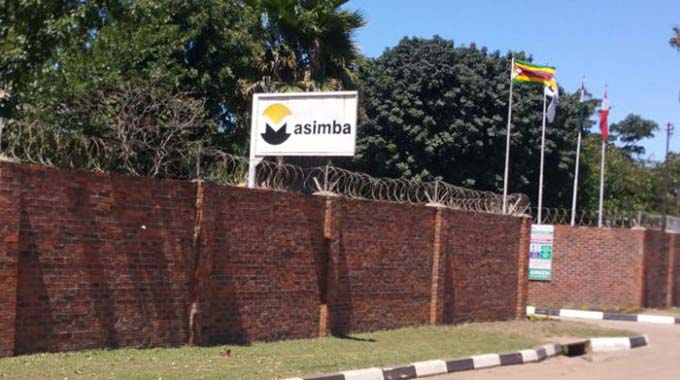Exporters seek higher retention threshold
CAPTAINS of industry are pushing for a review of the sector’s export retention threshold, arguing the current levels have resulted in inflated costs for businesses due to exchange rate disparities.
The central bank has maintained the current retention level of 60 percent to the industrial exporter while the balance of 40 percent is sold to the bank at the auction rate and used to fund the bank’s forex obligations.
Challenges regarding availability of foreign currency auctions have seen delays in settlement of successful bids on the auction, resulting in backlogs of more than 10 weeks amounting to approximately US$270 million as of November 2021.
The apex bank said in November last year it had started the process to clear nearly the outstanding auction allotments after receiving the requisite funds from the Treasury.
The Confederation of Zimbabwe Industries (CZI) has asked the bank to amend settlement time for allotted bids to shorten delays and avoid fueling the black market, which is a source of cost push inflation.
Miners and Tobacco producers have been frantically pushing to have the retention levels increased to at least 80 percent. The central bank introduced the incremental export incentive scheme to address exporters’ concerns.
Chamber of Mines of Zimbabwe chief executive, Isaac Kwesu, said, “The retentions are making operating expenses shoot up since we surrender foreign currency at bank rate but our raw materials are priced at black market rates which have a premium of over 100 percent on the official rate.
“It is for the greater good that the retention levels be done away with or the authorities better make the local currency more attractive and store value to avoid depreciation effects,” Mr Kwesu said.
The Reserve Bank of Zimbabwe (RBZ) however argues the mechanism has been instrumental in mobilising the foreign currency required to feed the auction system, which in 2021 allotted US$1,7 billion to key sectors of the economy, including financing of capital equipment and raw material imports.
RBZ Governor, Dr John Mangudya, said the bank’s thrust this year was to ensure timeous payment of allotted bids to avoid inconveniences to the auction system, but exporters are feeling the knock on their profit margins when they liquidate their forex earnings.
Last week, listed agro-industrial concern, Ariston Holdings in its 2021 Annual Report said profit from operations declined to 11 percent of revenue compared to 21 percent of revenue recorded in the prior year due to the impact of the mismatch arising from revenue from exports where 40 percent is being paid for at a rate significantly lower than that being charged by suppliers resulting in erosion of value.
As a result, the Group announced that approximately 20 percent was lost from the revenue line as a result of the 40 percent RBZ retention.-The Herald










